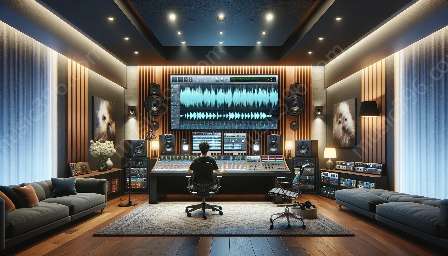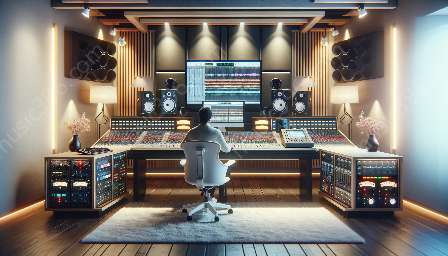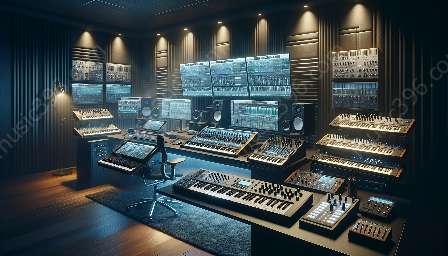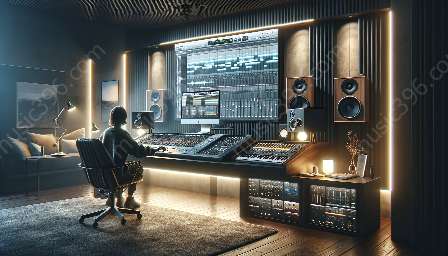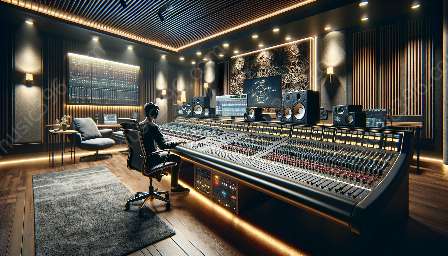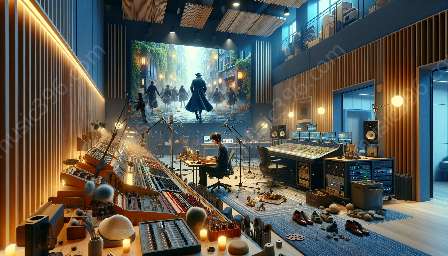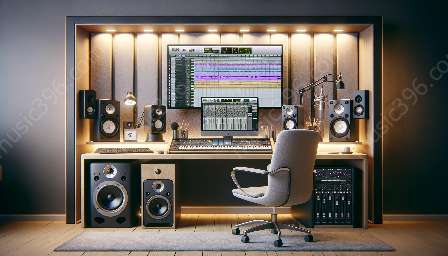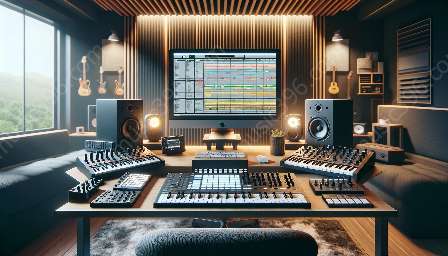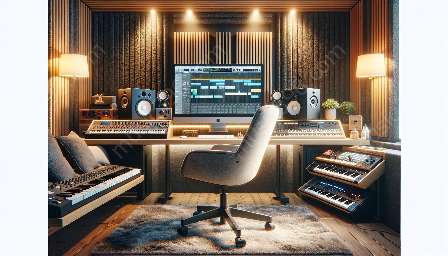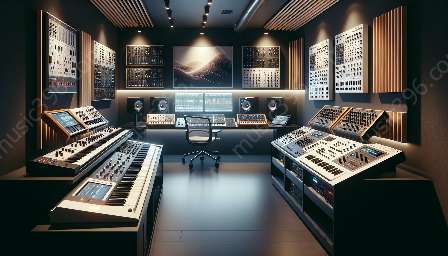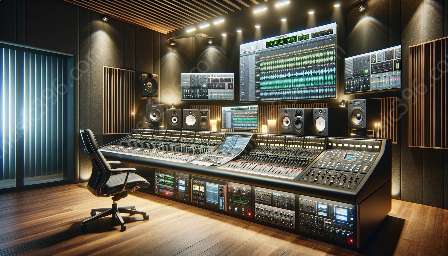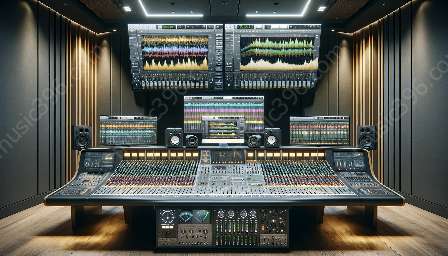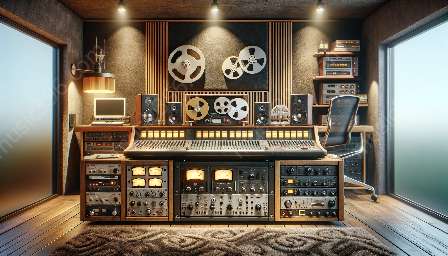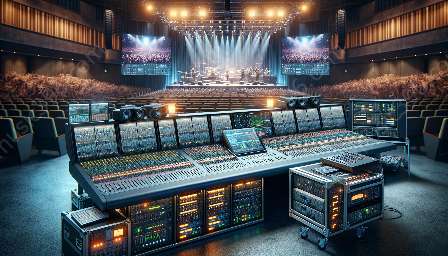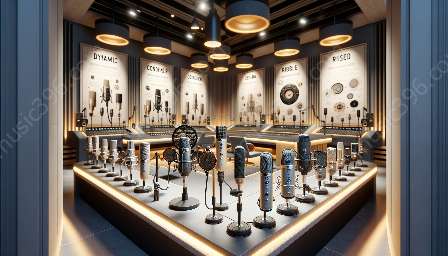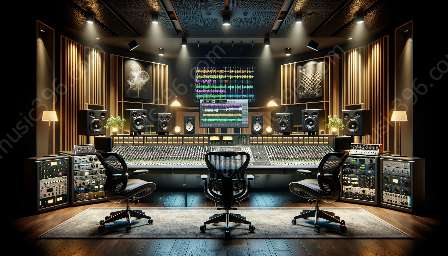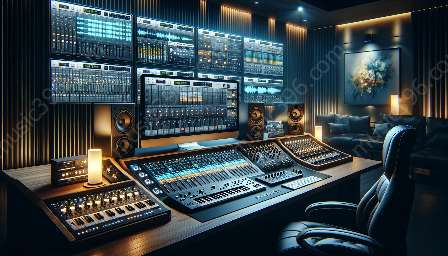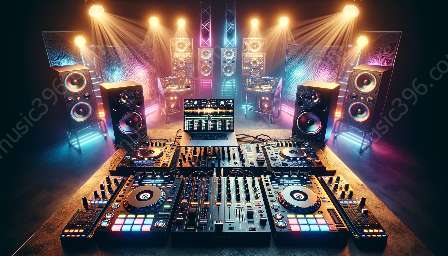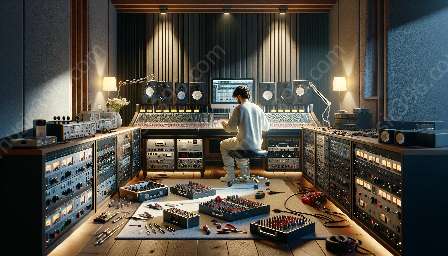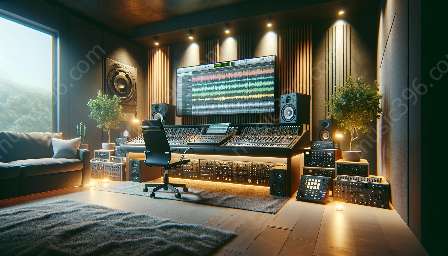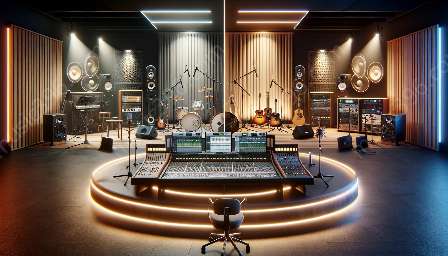Live sound engineers play a critical role in creating memorable and immersive concert experiences. Their responsibilities extend beyond just technical aspects and touch on the safety and enjoyment of both the audience and performers. In this topic cluster, we will delve into the specific responsibilities of live sound engineers, the compatibility with live sound engineering techniques, and the influence of audio production on concert experiences.
Responsibilities of Live Sound Engineers
Live sound engineers are responsible for managing the entire audio production process during a live concert. Their duties include setting up sound equipment, conducting soundchecks, mixing the audio during the performance, and ensuring that the sound quality is consistent and balanced throughout the venue. However, their responsibilities also encompass the safety and enjoyment of the concert experience for all involved.
Ensuring Safety
One of the foremost responsibilities of live sound engineers is to ensure the safety of all individuals present at the concert. This involves adhering to safety protocols while setting up equipment, securing cables and wires to prevent tripping hazards, and conducting regular checks to ensure that the audio equipment is functioning properly and poses no threat to the audience or performers. In the case of outdoor concerts, live sound engineers must consider weather conditions and take necessary precautions to prevent any electrical hazards.
Protecting Hearing
Another safety consideration is protecting the hearing of both the audience and performers. Live sound engineers are tasked with controlling sound levels to prevent excessive noise exposure, which can lead to permanent damage. They must be aware of local regulations regarding sound levels and implement measures to mitigate any potential risks to hearing health. This responsibility involves not only technical expertise but also a deep understanding of the physiological effects of sound on the human ear.
Emergency Preparedness
Live sound engineers should be prepared for unforeseen emergencies and have contingency plans in place. This includes being familiar with evacuation procedures, communication systems, and having a clear understanding of how to handle emergency situations that may impact the safety of the concert attendees and performers. By being proactive and prepared, live sound engineers contribute significantly to the overall safety of the concert environment.
Ensuring Enjoyment
In addition to safety, live sound engineers are instrumental in ensuring that the concert experience is enjoyable for both the audience and performers. They do so by enhancing the overall sound quality, creating a balanced mix that highlights the nuances of the music, and maintaining a seamless audio experience. Achieving an enjoyable concert experience requires not only technical expertise but also a keen understanding of the artistic and emotional impact of sound on the audience.
Compatibility with Live Sound Engineering Techniques
Live sound engineers employ a range of techniques to achieve the desired audio quality and ensure a safe and enjoyable concert experience. These techniques may include:
- Acoustic Analysis: Live sound engineers conduct acoustic analysis of the concert venue to optimize the distribution of sound and minimize acoustic issues, ensuring that the audience experiences uniform sound quality throughout the space.
- Microphone Placement: Proper microphone placement is crucial in capturing the best sound from performers and instruments. Live sound engineers utilize their knowledge of mic techniques to achieve optimal sound reproduction while minimizing unwanted noise and feedback.
- Signal Processing: Through the use of signal processing tools such as equalizers, compressors, and effects units, live sound engineers shape the sound to achieve a clear and dynamic mix that enhances the overall concert experience.
- Monitor Mixing: Live sound engineers handle monitor mixes for performers, ensuring that they can hear themselves and other band members clearly on stage, which is essential for a successful live performance.
- System Optimization: Live sound engineers are responsible for optimizing the entire sound reinforcement system, including speakers, amplifiers, and signal routing, to achieve consistent and high-quality audio output.
The compatibility of live sound engineering techniques with the overall responsibilities of live sound engineers underscores the importance of both technical proficiency and a nuanced understanding of the artistic elements that contribute to a successful live concert experience.
Impact of Audio Production
Audio production plays a pivotal role in shaping the concert experience and directly influences the responsibilities of live sound engineers. Some of the ways in which audio production impacts the concert experience include:
- Quality Control: Audio production entails meticulous attention to detail in recording, editing, and mixing audio, which provides live sound engineers with high-quality source material to work with, thereby enhancing the overall concert experience.
- Artistic Vision: The creative decisions made during audio production, such as the choice of microphones, placement techniques, and mixing styles, directly influence the sonic characteristics of the live performance, guiding the work of live sound engineers in delivering the intended artistic vision to the audience.
- Technological Advancements: Audio production continuously introduces new technologies and tools that can be integrated into live sound engineering, allowing for innovative and enhanced ways of shaping the concert experience with improved audio quality and immersive effects.
- Collaborative Approach: Effective collaboration between audio producers and live sound engineers ensures that the original vision of the music and performance is faithfully represented in the live setting, fostering a cohesive and compelling concert experience for the audience.
Ultimately, the influence of audio production on live concert experiences serves as a complementary force that enriches the capabilities of live sound engineers in meeting their responsibilities for safety and enjoyment.

